Disclaimer: This blog post contains affiliate links. If you make a purchase through these links, I may earn a small commission at no additional cost to you. Learn More. Thank you for supporting our garden community.
Simple Compost Tea for Growing HUGE Vegetables
When it comes to boosting the health of your garden, compost tea is truly a powerhouse. This natural soil enhancer is one of my favourite amendments, offering a sustainable way to enrich your plants without synthetic chemicals. In this comprehensive guide, we’ll dive into everything you need to know about compost tea, from its benefits to how you can make it at home.
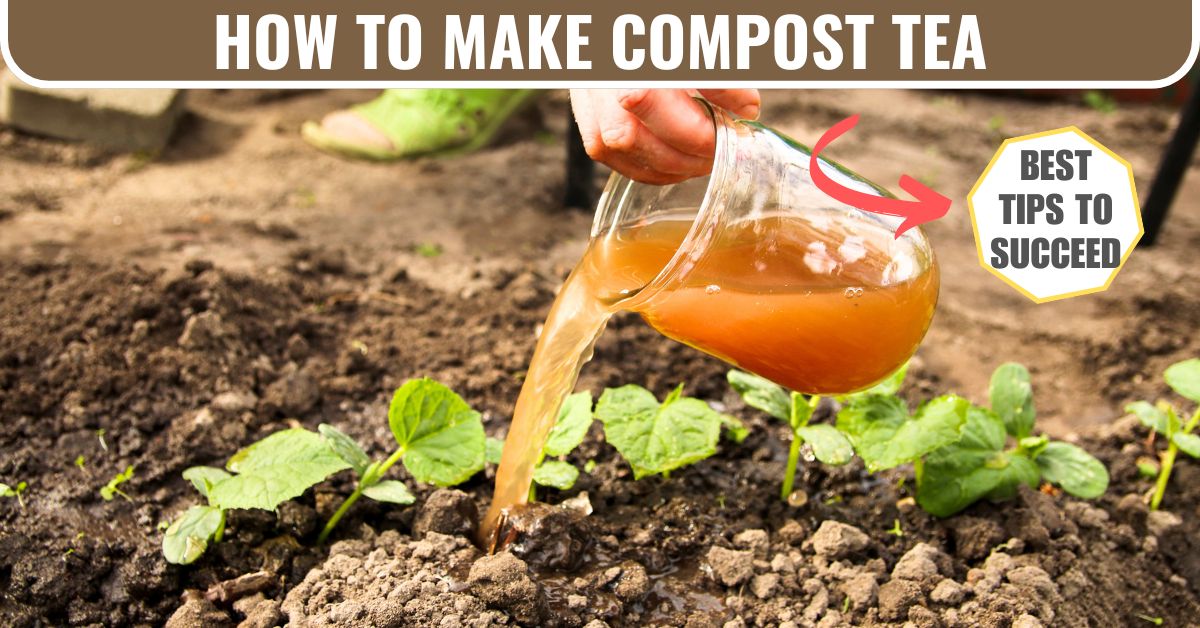
Simple Compost Tea for Growing Vegetables
Despite the name, compost tea is not meant for you to drink like tea. Please don’t do that!
But the process of making it is similar to how you would make tea. You let the compost sit in water for some time, and eventually the water is infused. It’s basically poop water.
Compost tea is not used the same way that compost is used; it is used to add beneficial microbes to the soil, rather than organic matter and nutrients.
That being said, you need to know the right way to make compost tea, so that you can fully benefit from these beneficial microbes.
So let’s get right into how to make compost tea!
Products
To buy high-quality garden seeds, check out Burpee.
For a wide selection of perennial garden plants, check out Nature Hills Nursery.
For gardening equipment, check out Bootstrap Farmer.
What is Compost Tea?
Compost tea is essentially a “tea” made from soaking compost in water. In this sense, “tea” is used to mean water that has been infused with compost.
It can also be called compost infusion or extraction, and sometimes even slurry. The phrase “compost slurry” kind of puts me off of this whole idea, but you be the judge.
So basically, a handful of compost is steeped in water to let the microorganisms multiply.
This is possible because the microorganisms will slowly migrate from the compost from the water, where they will duplicate themselves.
Additionally, it is always going to be more beneficial to use homemade compost, rather than store-bought. This is because homemade compost generally contains more beneficial microbes, while store-bought compost can be “dead” sometimes.
Benefits of Compost Tea
Here are some of the many benefits of using compost tea in your garden:
- Improves Soil Health: the beneficial microorganisms in compost tea enhance soil structure, increasing its ability to retain water and nutrients. Along with biochar, this amendment is perfect for adding soil microbes.
- Boosts Plant Growth: Although it is not intended to replace fertilizers, it does have some nutrients. With all the micro nutrients, compost tea supports robust root development and vibrant foliage.
- Pest and Disease Resistance: Beneficial microbes tend to target harmful pathogens. This means that they will attack and destroy the viruses and bacteria that cause many plant diseases.
- Eco-Friendly Fertilizer: Unlike synthetic fertilizers, compost tea is sustainable and won’t harm the environment. You can make it at home and it doesn’t cost you anything!
- Versatility: Because it is very light, compost tea can be used on a wide variety of plants, from vegetables to flowers and even lawns. It is not a harsh fertilizer and won’t harm any plants, just help them.
Why are Soil Microbes Necessary?
Microorganisms are what make soil soil.
If there were no microbes in your soil, there would be no decomposition of organic matter, no nutrient absorption by plants, and much less water retention.
So it’s important to understand the relationship between soil and microbes and plants. Without this symbiotic relationship, we wouldn’t have any of the things that I listed above.
This makes soil microbes absolutely necessary for healthy plant growth. And one of the best ways to add microbes is with compost tea.
How to Make Compost Tea at Home
As I have described so far, compost tea is very easy to make at home.
Materials Needed:
- High-quality compost (preferably homemade). You can also use Dr. Earth all natural and organic premium compost. Dr. Earth is a very reputable brand I absolutely love their products.
- 7 Gallon bucket from Burpee
- Non-chlorinated water (use rainwater or let tap water sit for 24 hours)
- A mesh bag or old pillowcase
- Stirring stick
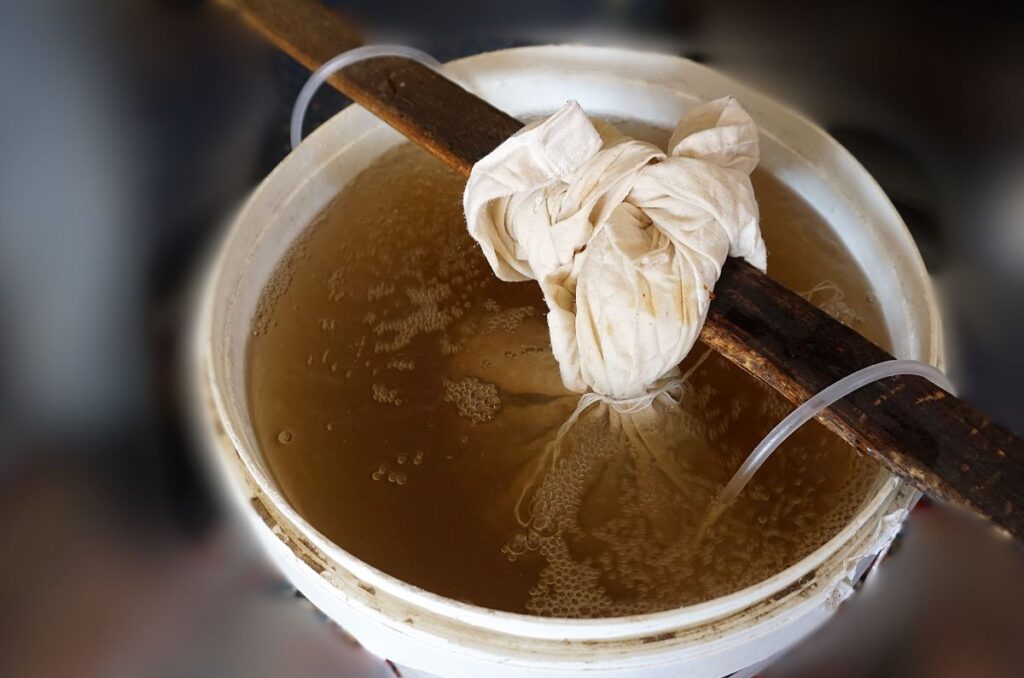
Step-by-Step Instructions:
- Fill the Bucket: Add the non-chlorinated water to your 5 gallon bucket.
- Add the Compost: Place a few handfuls of compost into the mesh bag and submerge it in the water. Make sure to get the compost fully saturated with water.
- Stir: Stir the mixture several times a day; once in the morning, at lunch time, and before bed. This will help the microbes to spread through the water and multiply.
- Brew: Allow the compost to steep for about a week. The water should turn a rich, earthy brown. This indicates that the microbes have colonized it.
- Strain: Remove the mesh bag and squeeze out every last drop of liquid. Strain out any remaining solids from the mixture.
- Use Immediately: Compost tea is best used fresh, as the microbial life diminishes over time.
This is the least complicated method for making compost tea. Some people will try to over-complicate it by adding so many other things, like kelp, and other foreign materials.
Tips for Success
- Use High-Quality Compost: The better your compost, the better your tea. Use your own compost or a high-quality brand that you trust for making compost tea.
- Avoid Over-Brewing: Brewing for too long can lead to harmful anaerobic conditions. This is because once all the oxygen is used up, the aerobic microbes will die off and anaerobic microbes will take over. We want the aerobic microbes.
- Keep it Fresh: Use your compost tea within 24-48 hours of brewing for maximum effectiveness. After this time, the microorganisms will start to die and the tea will be dead.
Should You Use an Aerator?
Some gardeners even go as far as to use an aerator, which basically pumps oxygen through the tea mixture. Unless you are making compost tea for retail, this is completely unnecessary.
Humans have been making compost tea without sophisticated fish tank motors for thousands of years. So I’m pretty sure that the average backyard vegetable gardener will be ok without one as well.
But, I mean, if you have one of these aerators, there’s no harm in using it. It actually does good because the microbes need oxygen.
Bottom line: don’t go out to buy an aerator just for some compost tea.
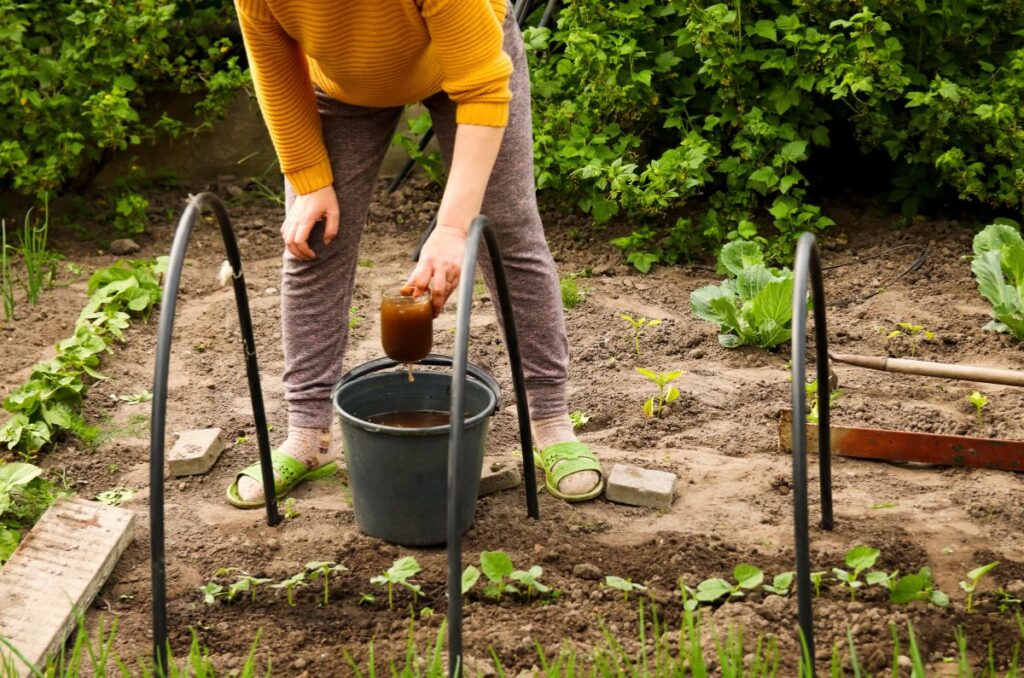
Using Compost Tea in the Garden
Here are a few ways for you to use your fresh compost tea in your garden
- As a Soil Drench: Pour the compost tea directly onto the soil around the base of your plants to improve microbial activity and soil fertility.
- As a Foliar Spray: Fill a spray bottle with compost tea and mist it onto the leaves of your plants. This helps with nutrient absorption and pest resistance.
- For Seedlings and Transplants: Use compost tea to water seedlings and newly transplanted plants for a nutrient boost. Because it is fairly weak, the compost tea won’t burn or harm your young seedlings.
Frequently Asked Questions
It is possible for harmful microorganisms to take over the compost tea. However, this only happens if you use a bad batch of compost. So make sure to use the highest-quality compost you can get.
Avoid adding any fresh material to the mixture, such as food scraps and plant matter. This will increase the chances of the tea going anaerobic and breeding pathogens. Instead, just use compost that has been completely broken down.
Most plants will benefit from a compost tea application every 2 or 3 weeks.
Because homemade compost tea is fairly weak, you can almost never use too much of it in your garden. It will never be the strength of typical fertilizers.
Although compost tea is a great soil amendment, it is not meant to replace traditional fertilizers. This is because fertilizers provide the necessary macro and micro nutrients for plant growth, while microorganisms help to break down these nutrients into a usable form for your plants.
Typically, compost tea should foam when you mix it. If it is not foaming, it may be because it is too old and has gone bad, meaning the microorganisms have died.
Even More Gardening Ideas
Here are a few more posts to get the ball rolling in your garden!
- The Best Raised Beds for Growing Vegetables
- How to Make Biochar as a Soil Amendment
- Amending Clay Soil to Grow Better Vegetables
If you enjoyed this article, make sure to share it with your friends and family members who are also looking to improve their gardening skills. Also, consider signing up for our email newsletter; don’t worry, we won’t spam you, just fresh gardening tips and tricks every week!
If you want to learn more about gardening, foraging, and nature, check out The Real Gardener on LinkedIn, YouTube, and Pinterest.
Pin this post for later:
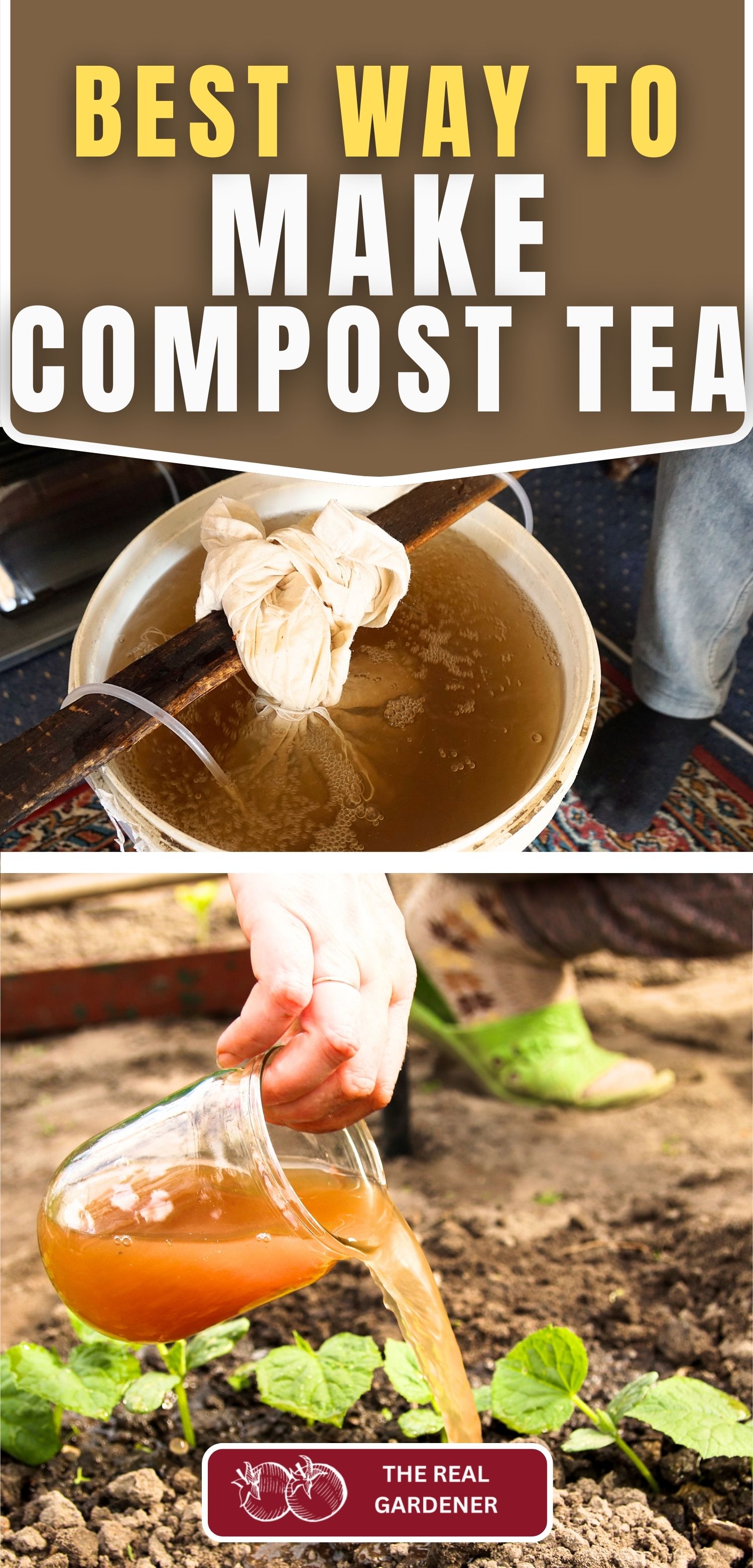
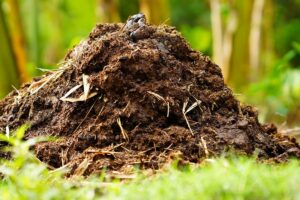
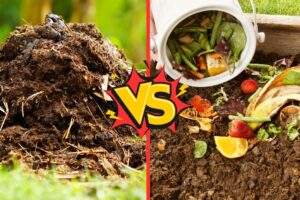
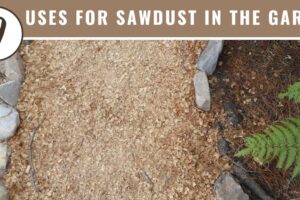
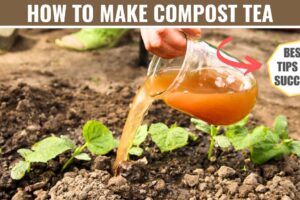
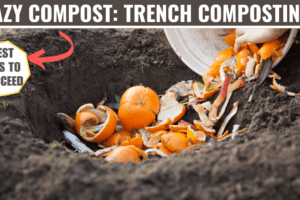
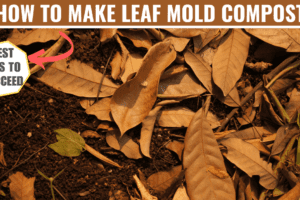
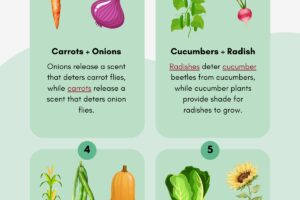
Leave a Reply